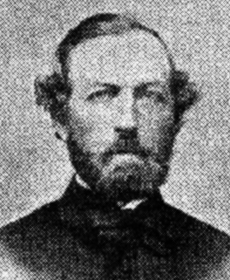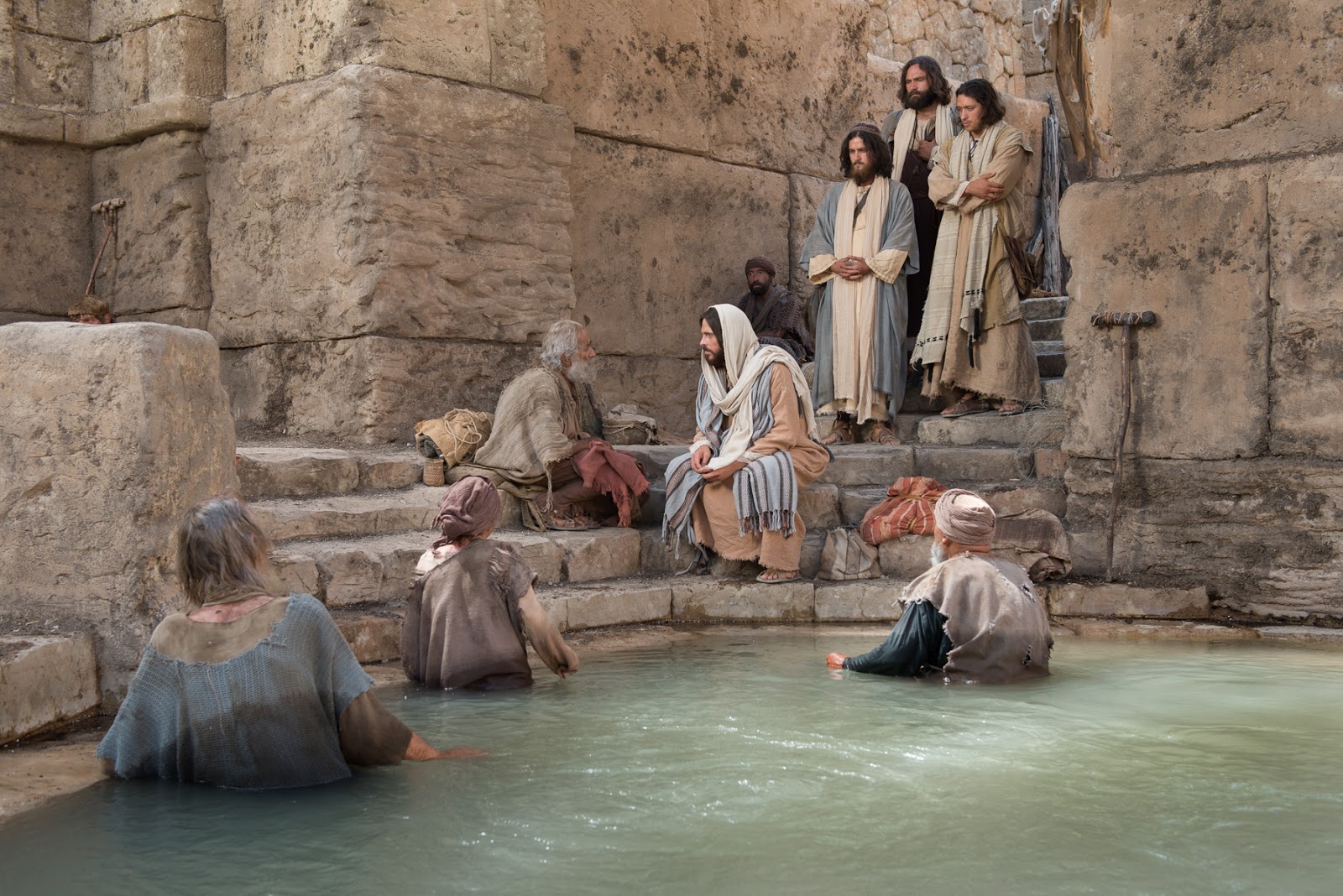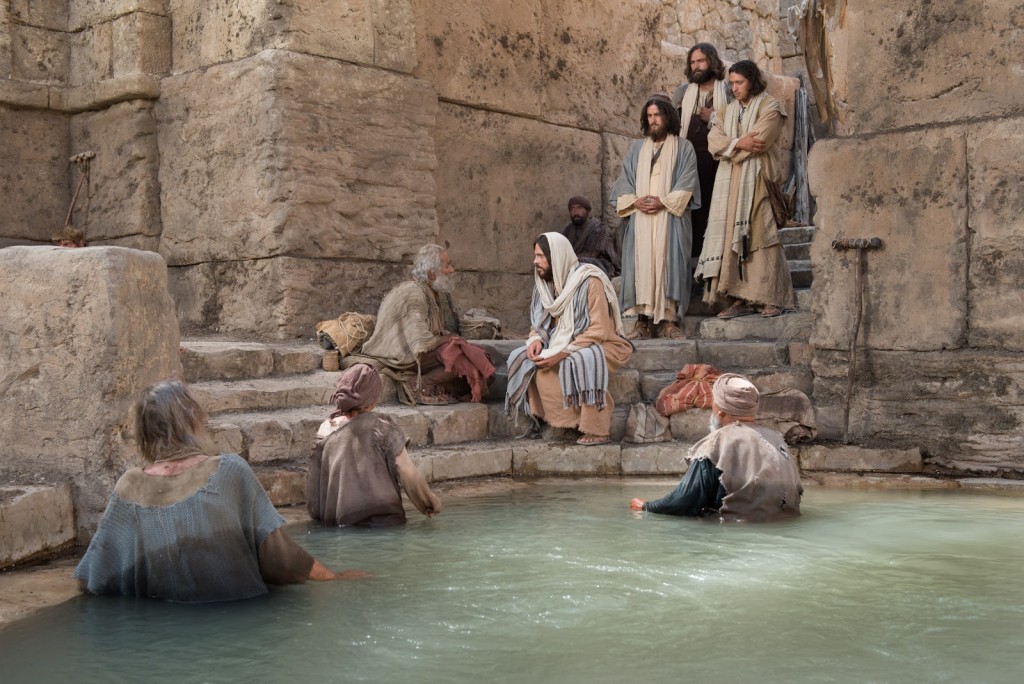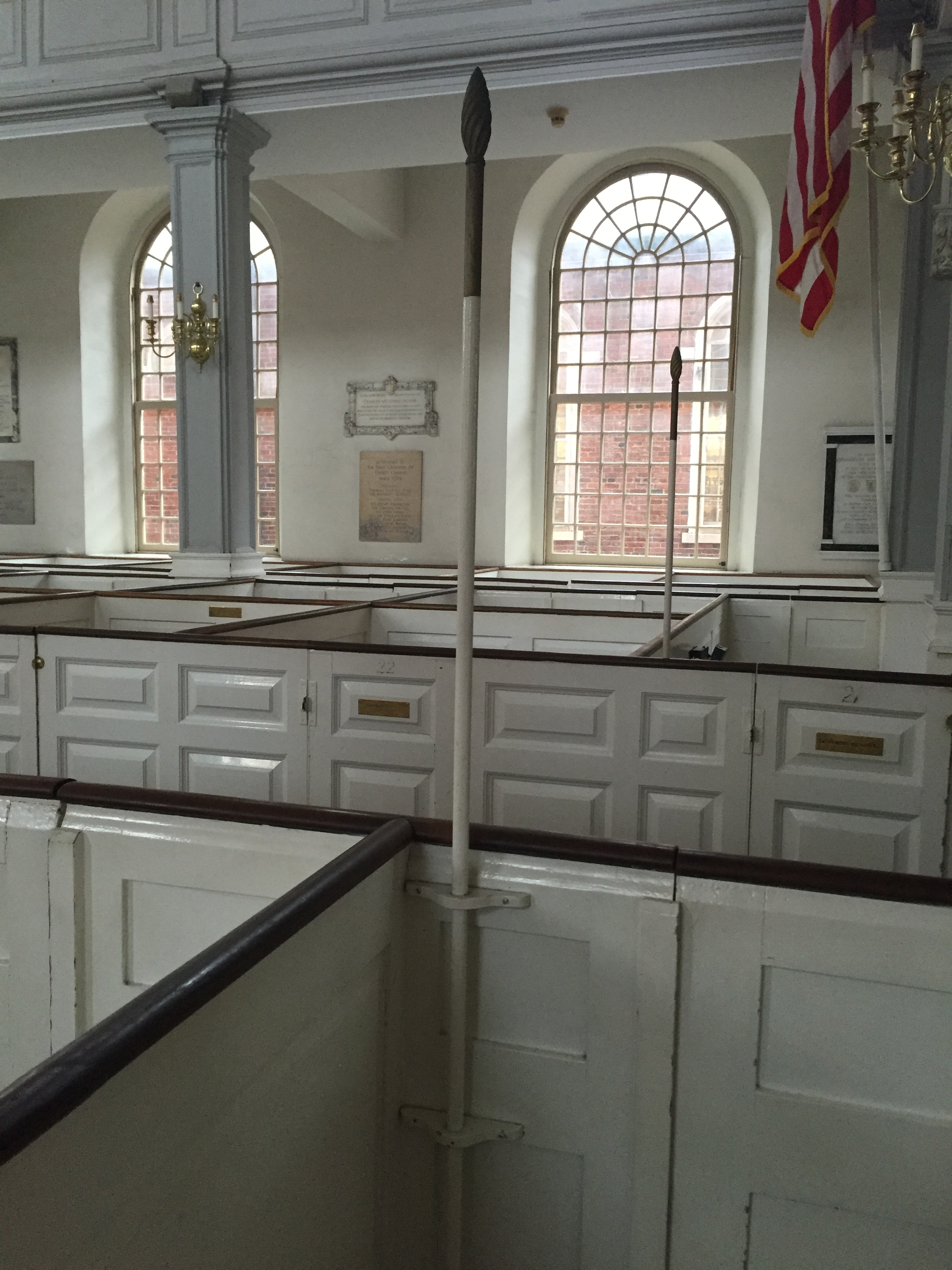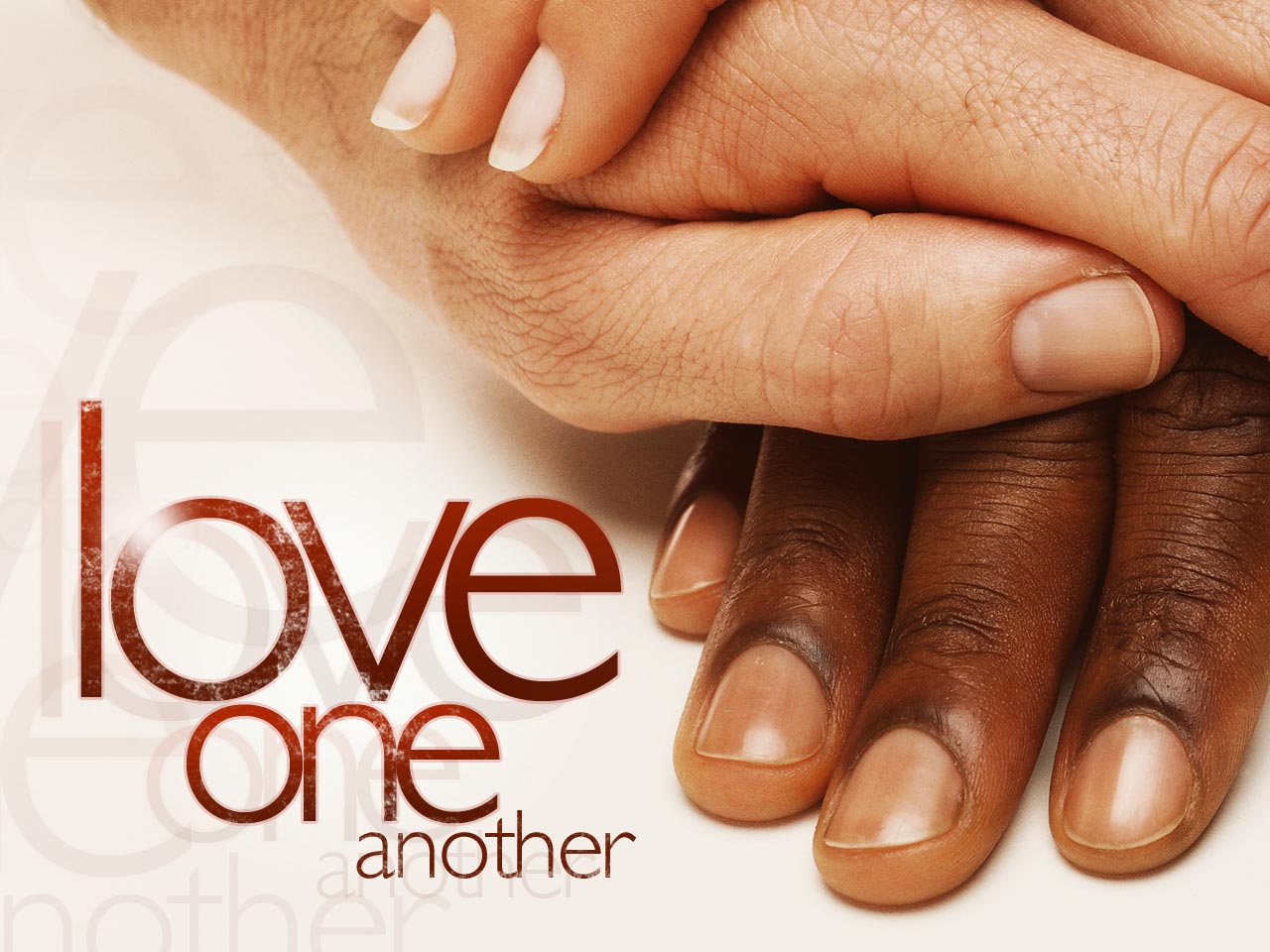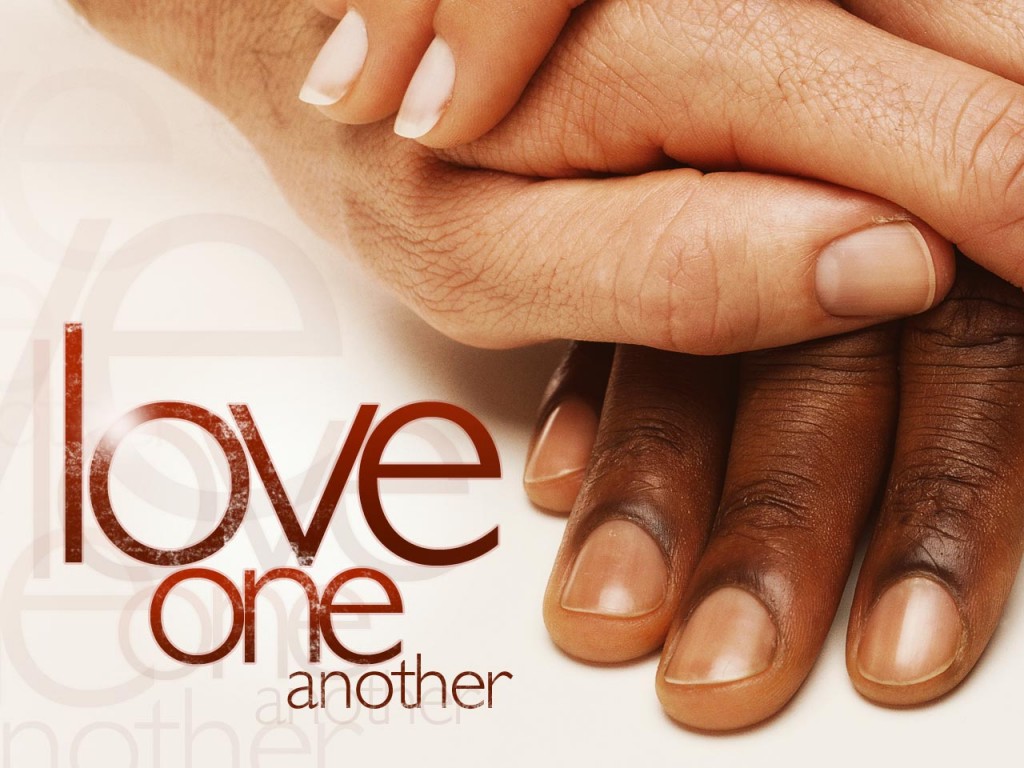 Simon Peter felt like a failure. On the last night of Jesus’ life on earth, Peter made an impossible commitment: “I will never run away and leave you.” But only hours later, Peter shouted, “I told you, I don’t even know him. Leave me alone!”
Simon Peter felt like a failure. On the last night of Jesus’ life on earth, Peter made an impossible commitment: “I will never run away and leave you.” But only hours later, Peter shouted, “I told you, I don’t even know him. Leave me alone!”
Now, Christ had died, Christ had risen, but Peter understood none of this. He was literally at the end of his rope. What had the last three years been about anyway?
Imagine one of those scenes that, in a few short weeks, will be duplicated all over the United States. Imagine a brilliant, sunny day in late spring. Outdoors on a university football field, or maybe in a high school gym… folding chairs will be set up, row upon row. Proud parents and family members will be stretching their necks to see. Down front, will be the squirming graduates, in caps and gowns. They will look like the very picture of scholarship.
Suddenly feeling self-conscious, the grinning graduates will march across the platform, receive their diplomas and return to sit with the rest of their classmates… these special people they’ve felt so close to, most of whom they will never see again.
At the punch bowl reception a few minutes later someone will walk up to the graduate and say, “congratulations!” Then, suddenly, with tear-filled eyes, they may say, “You know, you may not realize it now, but these years you’ve just completed are the best years of your life!”
The person doesn’t mean it to come across this way, but these are among the deadliest words one human being can say to another. It’s like saying, “You may think you’re at the threshold of something new, but don’t fool yourself, kid, it’s all downhill from here.”
Peter may have been feeling something similar when, in our Scripture Lesson for this morning, he tells the other disciples, “I’m going out to fish.”
Then the scene changes and Jesus is talking with his disciples. There he was standing on the shoreline asking them if they had any food. They had been out all night, and they were tired, and the fishing had not gone well. Jesus asked them to cast their nets again, so they did, they brought in more fish than they could handle.
As they sat by the campfire eating Jesus singles out Peter for a little chat. History tells us that Peter was the oldest of the Apostles and for that, and several other reasons, he was the defacto leader of the little group. But Jesus singles out Peter for another reason, forgiveness.
Peter was the first to proclaim and profess his love for Jesus and was the one who tried to defend him when he was being arrested. But Peter was also the one who denied Jesus not once, not twice, but three times. Jesus told Peter this was going to happen, but he would not listen.
Now comes the time when Jesus needs to restore Peter’s confidence. They are about to be sent out on a mission that will change the world, and Jesus needs Peter to be at his best. So he turns to him and asks him, Peter, do you love me more than these?
Now there is some disagreement as to what “these” means in the story. I believe there is a double meaning in all of this. As they sat there, and Jesus asked Peter this question, he motioned around with his hand at all that was around them, the fishing boats, the equipment necessary for fishing, but the disciples were also there as well as their families. Jesus is asking Peter do you love me above all of this?
Peter answers, “Yes, Lord: you know that I love you.” And Jesus responds, “Feed my lambs.”
After a little while, Jesus turns to Peter and again asks him if he loves him. Peter answers that he does, and Jesus tells him to “Tend his sheep.”
Again a little while goes past, and Jesus asks Peter if he loves him. Now Peter is a little concerned and a little sad that Jesus is asking him again if he loves him. Peter turns to him and says, “Lord, You know everything, and you know that I love you.” Jesus says to him, “Feed my sheep.”
Now this little dialogue is confusing enough and it loses some of its meaning in English. You see in English we have one word for love. It’s the same word we use to say we love hamburgers and the same word we use to say we love our children. In fact, this is one of the most overused words in the English language.
But what we see here before we is that Jesus uses different forms of the word love.
The first two times that Jesus asks Peter, Do you love me?” Jesus is using the agape form of love. Agape love is the highest form of sacrificial and self-emptying love; this is the kind of love that God has for all of the humanity and that we can develop only through maturing in the grace of God.
Also, notice that Peter never truly answers the question he only says, “You know I love you.” Jesus asks a simple yes or no question, “Do you love me?” Peter says you know… Perhaps it has to do with his emotional ties to the denial, but Peter is unable to say that he loves Jesus in this agape way.
So the third time Jesus asks Peter, “Do you love me?” he uses the philo form of love. This is a lesser form of love more like brother affection. Jesus lowers his expectations and is willing to accept whatever form of love Peter is ready to give.
But through all of this Jesus knows that Peter will grow into the agape kind of love for him and even shows Peter how that will come about as Jesus tells Peter about his death. Peter was grieved by Jesus’ asking him three times if he loved him or not and I am sure that Peter had his denial on his mind, but with each semi-answer, Peter gave Jesus gave him a mission, to feed and tend his lambs.
What sort of love do you have for Jesus today, is it that all in agape love or is it the more philo love. It does not really matter because just as Jesus was willing to accept whatever he could get from Peter that is the case with us today, Jesus is ready to take us as we are, right here in this place, and he is willing, through the grace of God, to move us from philo to agape!
Jesus has charted the course for us; he knows we are tired from our many years of labor, and he is asking us to cast our nets on the other side. He is showing us a different way to live, to love, and to grow. Jesus did not abandon Peter when he denied him, Jesus reached out his hand and told him that it was okay, sure you stumbled, but it’s okay.




